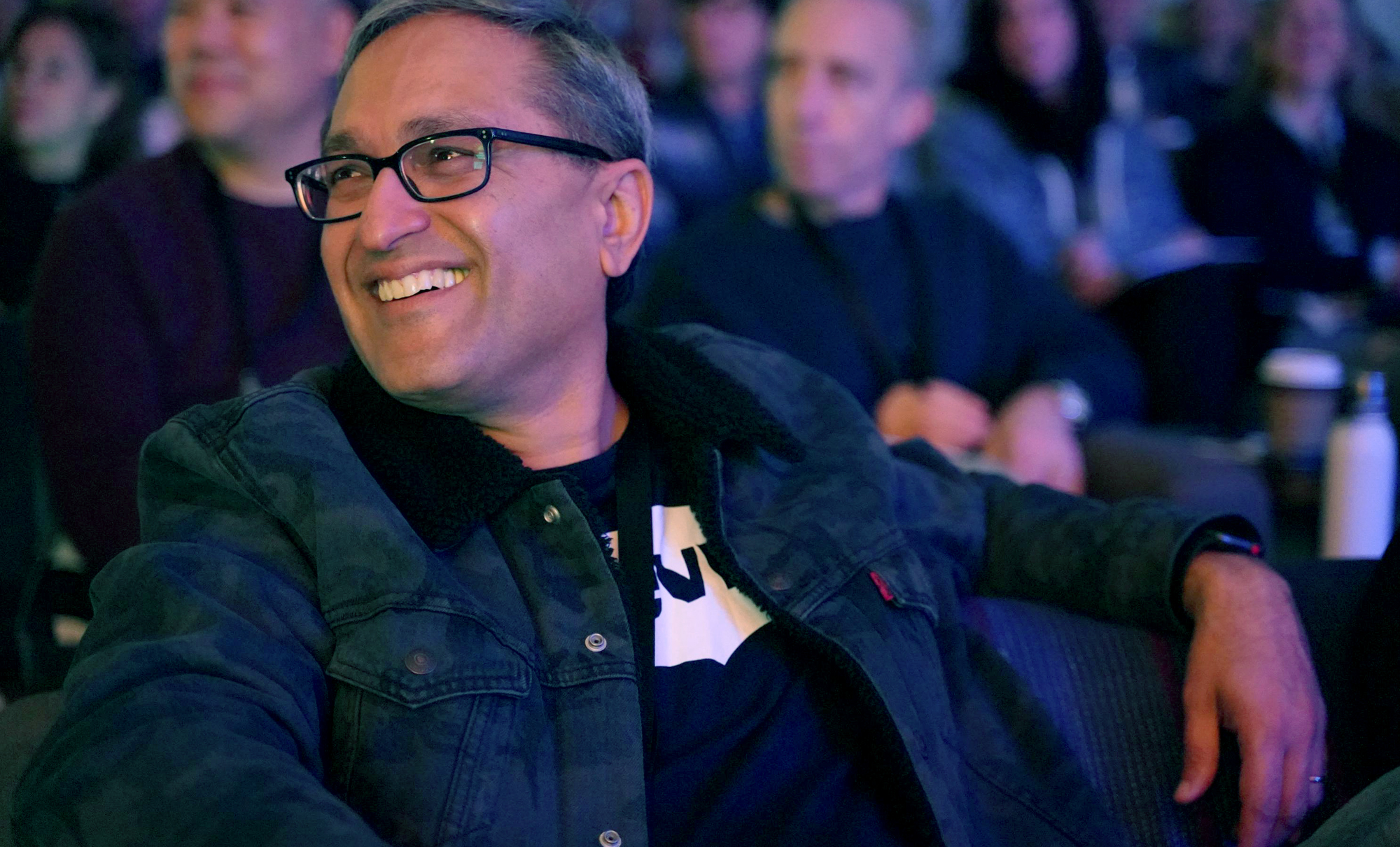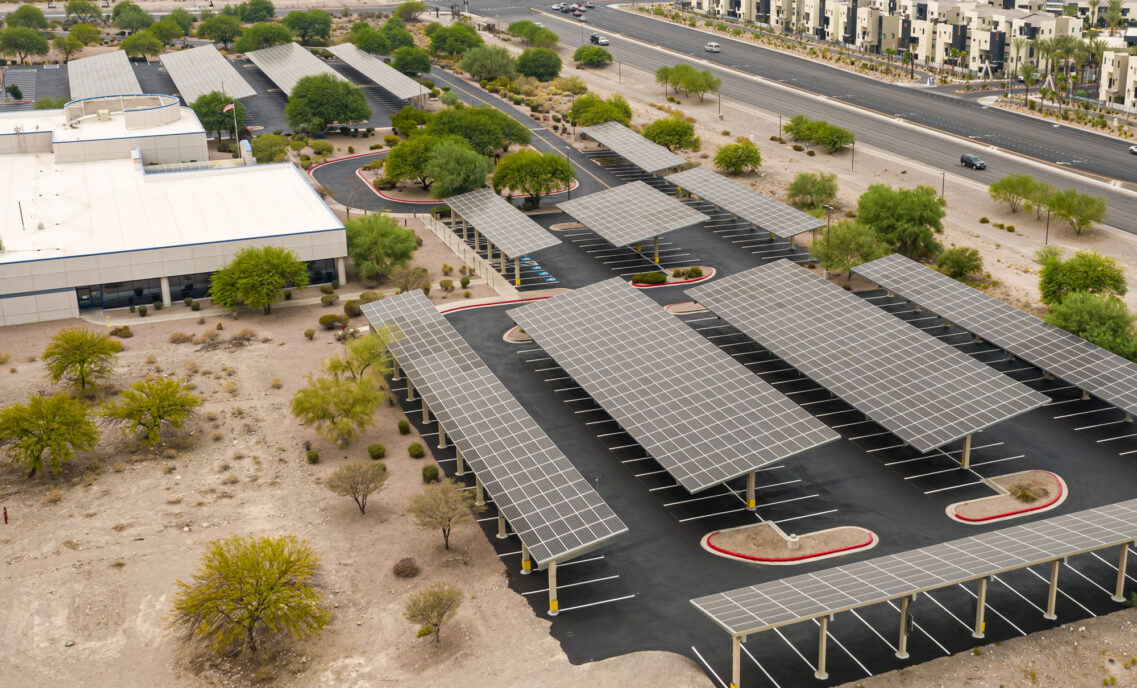Earlier this year, our CFO, Harmit Singh, joined CFOs from Salesforce, Caterpillar, and VMWare to launch the U.S. chapter of an organization called Accounting for Sustainability (A4S), which seeks to mobilize prominent financial leaders to promote the business case for sustainability. The group was born of a UK-based organization of the same name, which was founded by HRH Prince Charles.
On September 26, A4S held an east coast launch in New York, during Climate Week, and introduced its latest members: S&P Global, Mars and Moody’s. We talked to Harmit about the organization, his participation in it, and the growing recognition that what’s good for people and the planet can also create sustainable value for businesses.
What is A4S and how did you get involved?
Accounting for Sustainability (A4S) is a group founded by His Royal Highness Prince Charles that promotes sustainable business practices based on the belief that they provide both financial and social value. When they first invited me to join, I went to an event and saw that there were only two CFOs from American companies. The rest were from Europe. That didn’t seem right. So, I engaged with the A4S team and we started talking about a U.S. chapter.
We had the first workshop in the U.S. at our offices here in San Francisco, followed by the first U.S. chapter meeting at the offices of Salesforce. And this past April, we launched the U.S. chapter with CFOs from Salesforce, Caterpillar, Gilead Sciences and other companies with combined total assets of $226 billion. Since then, I’ve been spreading the word, talking to others about why they should join, and trying to share the urgency around this work wherever I can.
Why did it feel important to you to be part of it?
We have long operated by the profits through principles approach at LS&Co., which guide us in our actions in and beyond the business. And we have all evolved, as a company, and as leaders, in response to the conditions we see around us. One of the biggest evolutions, for us and CFOs in general across industries, has been around sustainability. Whereas sustainability may have once been viewed as apart from or adjunct to the core business, it’s now very clear that it is critical to our core business and needs to be integrated into a company’s long-term strategy in order to create value for all stakeholders.
I wouldn’t be doing my job if I weren’t interested in sustainability and weren’t supporting it throughout the company. But it goes deeper than that for me: Soon after I started here, I visited factories in Turkey and Vietnam. I met the people in those factories who make our products. I saw what the facilities meant to the communities where they were located; I’d had a sense of it from growing up in India, too.
How companies conduct themselves – if they are committed to clean water, if they treat workers well, if they are good stewards of natural resources – means a great deal to those communities. The visit cemented my sense of how important this work is.
What do you hope to accomplish?
I think this is an example of how we can use our brand, and work together with others, to broaden this way of doing business and to have an outsized impact. And that’s necessary, because corporate sustainability is at a critical juncture. We have to move from talking about it and setting targets to identifying and executing effective strategies to meet those targets. And that means getting the finance people involved, working side by side with their sustainability counterparts – showing them, for instance, that factories that implement our Worker Well-being programs have seen a 4:1 return on investment, or that suppliers who made capital investments in their facilities to improve their sustainability performance, with financing from the IFC that we helped them find, both cut their emissions significantly and realized meaningful savings on operating costs.
We believe that working the way we do absolutely drives value, and I believe that keeping our sustainable efforts at the forefront helps us manage risk and fortifies our reputation. When managed right, it also improves productivity and costs up and down our supply chain, and spurs growth and innovation in our products and our practices. Take F.L.X. That began with a question – how can we remove more chemicals from our supply chain? – and turned into an agility model that stands to transform our business, while also accomplishing its original goal of vastly reducing the number of chemicals needed in the finishing process.
How do you want to communicate this, through the work with A4S and more broadly?
From a company perspective, it’s great to be able to report higher year-on-year growth, to know that our core strategies are working for the business even as we work towards and meet our sustainability targets. But on a personal level, it’s even more gratifying to see that the work we’re doing can make a positive impact on this industry, which has a lot of room for improvement.
And the formula I see is something I think of in terms of a three-tiered pyramid. At the bottom, you must have truly sustainable practices and strong sustainability leaders, passionate advocates for the work who see and can make the business case. On the second tier, you need strong business partnerships between the sustainability professionals and the people who oversee product and supply chain and design and so forth, as well as the finance teams. And at the top, you need to demonstrate the value that this work creates for all stakeholders. For it to work, all three elements need to be present.
With A4S, I want to help other people see this too. I’ve been out talking about the group, including speaking to 100 sustainability leaders at the Corporate Eco Forum Annual Leadership Retreat, as well as taking calls from other organizations that are thinking to get involved. We want to see more CFOs participate, from different industries, all across the US. There’s long road ahead, but I think we’re off to a good start, and it’s wonderful to be able to point to our business as an example of what we’re talking about.







